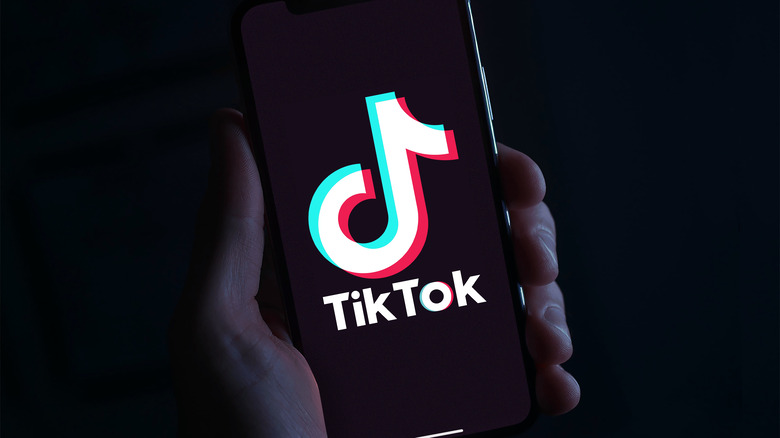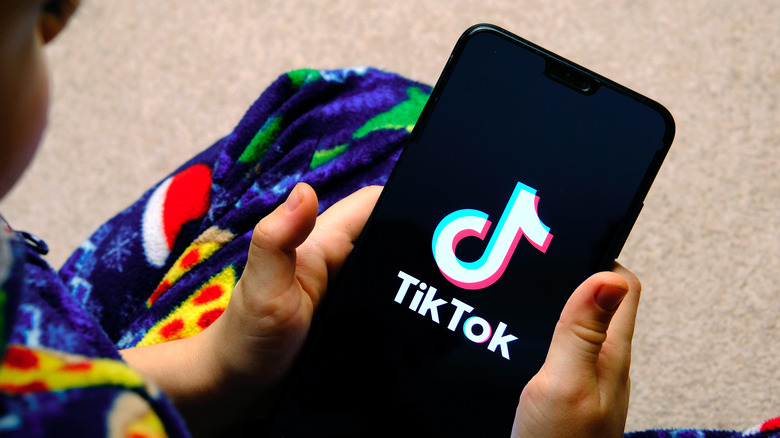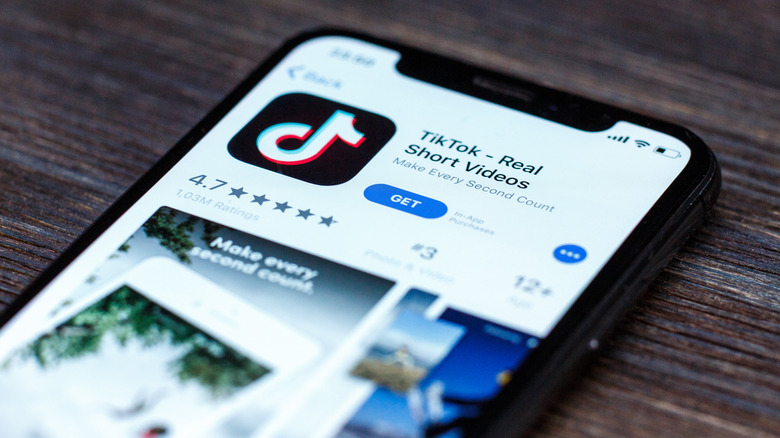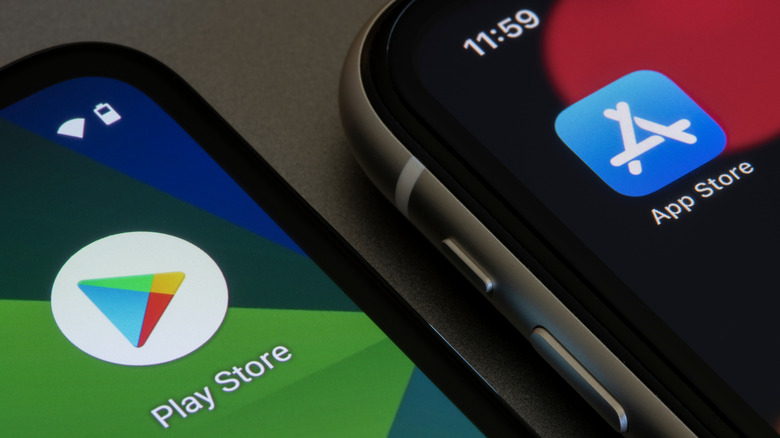Why This FCC Commissioner Says Apple And Google App Stores Should Remove TikTok
Brendan Carr, a commissioner at the U.S. FCC, has urged Google and Apple to banish TikTok from their respective app repositories, the App Store and the Play Store. Carr tweeted that the popular short-video sharing app, which is owned by China's ByteDance, "harvests swathes of sensitive data" that was reportedly accessed in China, and now wants the app purged over its concerning data practices.
In his letter addressed to Apple CEO Tim Cook and Alphabet head Sundar Pichai, Carr claimed that TikTok "poses an unacceptable national security risk" because it collects a vast amount of sensitive data, which China has unhindered access to. Carr has asked both the companies to comply with his request. And in case that doesn't happen, Apple and Google will have to explain why they failed to do so — and on what grounds TikTok hasn't been removed despite all the red flags — before July 8.
TikTok doesn’t just see its users dance videos.
It collects search and browsing histories, keystroke patterns, biometric identifiers, draft messages and metadata, plus it has collected the text, images, and videos that are stored on a device's clipboard. pic.twitter.com/GKheArMM5X
— Brendan Carr (@BrendanCarrFCC) June 28, 2022
Carr brings up Apple and Google's public claims about data safety and user privacy alongside the relevant app store policies to subtly send home the message that now is the time the two giants put their money where their mouth is. Equating TikTok with a sophisticated surveillance tool, Carr highlighted numerous incidents from the past few years that put the wrong kind of spotlight on the app, especially over reportedly extensive data collection and security risks that resulted in the tangible threat of a nationwide ban during the Trump presidency.
Another bombshell indictment of TikTok's claims
The demand is staggering considering TikTok's popularity and economic potential, but the U.S. won't be the first country to attempt a TikTok ban. India, one of TikTok's largest and fastest-growing markets, banned the app over national security concerns. Carr's letter demanding the same comes in the wake of a bombshell BuzzFeed News report claiming the data of users in the U.S. was accessed in China. Interestingly, TikTok announced on the same day that it was moving U.S. users' data to Oracle servers.
Citing audio clips leaked from more than 80 internal meetings that took place in China, TikTok employees reportedly admitted that the company's engineers had unhindered access to data on American users for nearly half a year between September 2021 and January 2022. TikTok, on the other hand, has repeatedly claimed that no user data is accessed by any party beyond the regional boundaries.
Carr highlighted multiple worrying findings from the past few years, accusing the app of surreptitious data harvesting and user tracking practices that were in strict violation of policies. Despite TikTok joining hands with Oracle to store the data of its U.S.-based users on servers located on American soil, Carr claims that the move doesn't address the concerns raised by him. It would be interesting to see whether Carr's demand and the BuzzFeed investigation snowball into a bigger headache for TikTok in 2022, which could again renew the campaign for a TikTok ban.
Who will this affect?
According to Statista, almost half (46.9%) of smartphone users in the US have an iPhone, and will have their phone app needs serviced by Apple's App Store. Business of Apps has Android's share of the market at around 42.5% as of quarter three, 2021. So between them, the App and Play Stores provide applications for around 89.4% of the US cellphone market. Removing an app from both of these stores would make it difficult to access for around nine in ten smartphone users, which is a major blow to any platform.
However, the most likely outcome is that nobody will be affected by this. The FCC's answer to non-compliance will be to ask both companies to explain why the apps weren't removed. And according to CNN Business, that's all the organization can do. "The FCC plays no role in regulating internet-based services such as app stores, and prior efforts by the US government to ban TikTok from US app stores have faltered amid court challenges," CNN Business says.
So, like the previous government efforts to regulate or ban the social media platform, this attempt is also likely to fall flat. Google and Apple are free to simply ignore the request, as the FCC lacks the legal power required to force the tech giants to comply. Given the size of both Google and Apple's legal funds, any successful challenge would have to be water-tight to have any hope of making it through the courts.
If they are somehow removed, users could still access TikTok
If TikTok is removed from Google and Apple's stores, it will still be possible to access the app. Users who have already downloaded TikTok can continue to access it — but things won't be as easy as they were pre-removal. If the phone was reset or the app was deleted, users could not just return to the App or Play Store to download it again. Similarly, updating the app will be far more difficult, as again those updates are handled through the respective app stores.
Users will also have the option of sideloading the app to their phones. This has long been a way to get around regional restrictions and access apps that are under development. Sideloading is not something either Google or Apple encourages, and according to the companies can lead to significant issues — including security problems. In response to a proposed European law that would make sideloading easier, Apple CEO Tim Cook claimed sideloading could "destroy the security of the iPhone."



